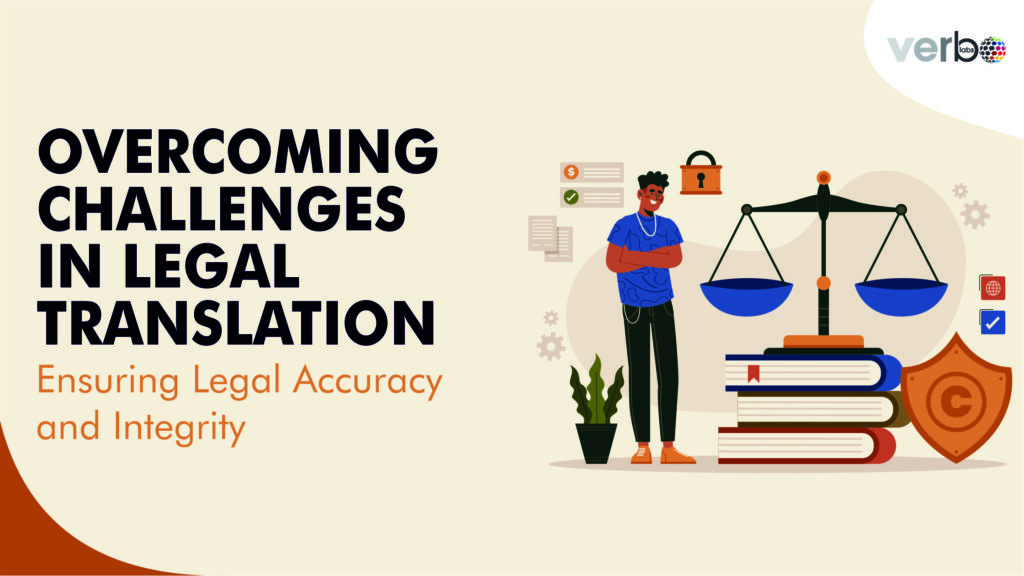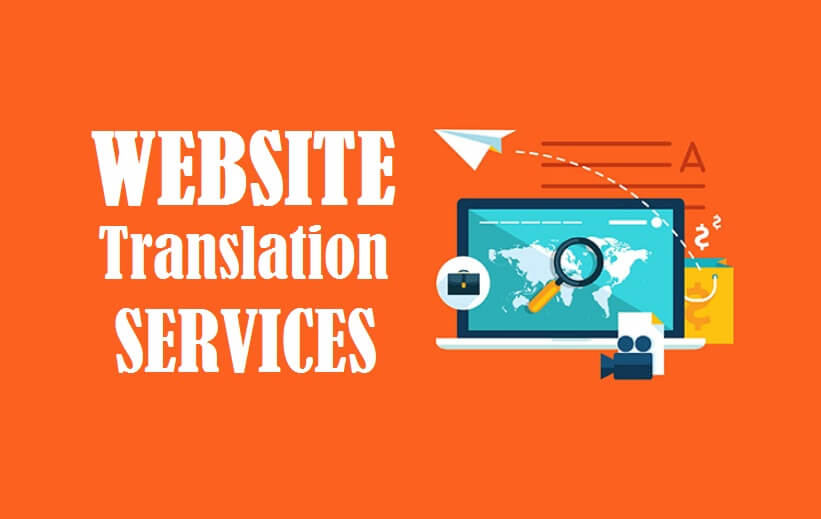Translating legal documents is one of a kind critical job, which is done better by Subject Matter Experts (SMEs). Extra care is needed while translating legal documents because misplacing a single word can cost lives. So, by keeping the complexities of legal translation in mind, it must be done by a Subject Matter Expert who has knowledge of the initial and target languages and legal terminology.
Challenges Faced in Legal Translation
- Limited knowledge of the law field.
- Different countries have different legal systems.
- Requirement of extra attention on the Syntax and Punctuation details.
- The constant change in the legal system.
- Strict deadline pressure.
Limited knowledge of the law field
Every legal translator must have in-depth knowledge of the law of the origin country and target countries’ laws. But, professional translators must mostly work more actively in the legal field, which leads them to need more law knowledge. This field has an oceanic depth, including legal jargon, uncountable sections, multiple legal branches and infinite methods of legal applications.
All the crucial elements vary from country to country. The meaning and application of a particular term and law can differ in the source and target countries. That is why translators must put extra effort and attention while translating legal content. They have to gather the correct information related to the law of both countries. And the translation must be both legally and culturally accurate.
Different countries have different legal systems
It is evident that the laws of every country differ from each other, as do their legal documents. For example – Strangers to a contract may not file a lawsuit in the act of a breach, according to the Indian Contract Act. While under English law, neither a stranger to the contract nor a stranger to the consideration may file a lawsuit in the event of a violation.
From the above example, we can comprehend that there is a difference in the law of both countries, and the translator needs to know that difference while translating the document. Translators are very likely to leave room for debate if they need to be adequately versed in legal jargon and methods of legal applications. This can easily cause later disagreements, which could negatively affect the client’s assets and reputation.
Requirement of extra attention on the Syntax and Punctuation details
Due to the essential nature of legal documents, greater caution must be taken when translating them, especially concerning syntax and punctuation. Legal writing is renowned for its complex syntax, precise terminology, and precise legislative meaning. It is crucial to translate syntax and punctuation correctly to guarantee that the intended meaning is accurately and clearly communicated.
Legal texts are carefully written to remove uncertainty. To communicate specific legal principles and obligations, they use precise terminology. Punctuation and syntax that are inaccurate or ineffective might bring undesirable meanings, leading to erroneous interpretations and legal conflicts. Different legal systems may also have particular syntax, punctuation norms, and traditions. Translators must understand these guidelines to apply them to the target language properly.
The constant change in the legal system
Not only is the legal field complex, but it keeps on evolving from time to time. By the time you reach your deadlines, templates and instructions that were effective a month or a week ago may no longer be applicable. For any legal translator, it is imperative to keep updated about even any slight changes. So, before submitting the final translated document, translators must be extra sure about the translated content to avoid any mishaps and ensure everything runs smoothly.
Strict deadline pressure
In the operations of any legal action, a specific date is attached, which depicts its deadline. The same goes for legal document translation. Most of the time, legal translation comes with strict deadlines linked to some actions needed to perform in some court. And if the action is delayed, the consequences can be unpleasant. So, the legal translator has to ensure they deliver their task on time with top-notch quality.
How to Overcome the Challenges in Legal Translation?
It takes a combination of linguistic proficiency, specialised knowledge, and careful attention to detail to overcome the difficulties in legal translation. Here are some tactics that certified translation services can use to overcome these difficulties:
- Legal translators must have a high level of fluency in both the source and target languages. They should be highly knowledgeable in both languages’ legal jargon, concepts, and syntax.
- The relevant countries’ legal systems, rules, and customs should be studied in detail by translators, and they should keep up with any changes to them.
- Legal translation includes many different areas of law, such as contract law, corporate law, intellectual property law, and more. Legal translators with specialised expertise are better prepared to manage the particular difficulties presented by those fields. Make sure to hire a translator who has expertise in the required domain.
- Legal dictionaries, glossaries, and terminology databases are extensive and trustworthy reference materials that any legal translation agency should have access to. This will help them to translate the content with accuracy.
- With changing legal systems and terminology, the field of legal translation is dynamic. To stay updated on recent advancements and improve their translation abilities, translators should actively participate in professional development activities like legal seminars, conferences, or workshops.
- Legal texts frequently include cultural references unique to the legal system they belong to. These cultural distinctions must be taken into account while translating to accurately transmit the intended meaning in the target language and culture.
Conclusion
From the facts mentioned above, it is evident that multiple challenges are attached to legal translations. But they can be tackled by combining various approaches that will help legal translators overcome the difficulties of legal translation. And help them to provide translations that are accurate, logical, and consistent, as well as culturally suitable for use in legal situations. For trustworthy and professional translation services, choose Verbolabs.



